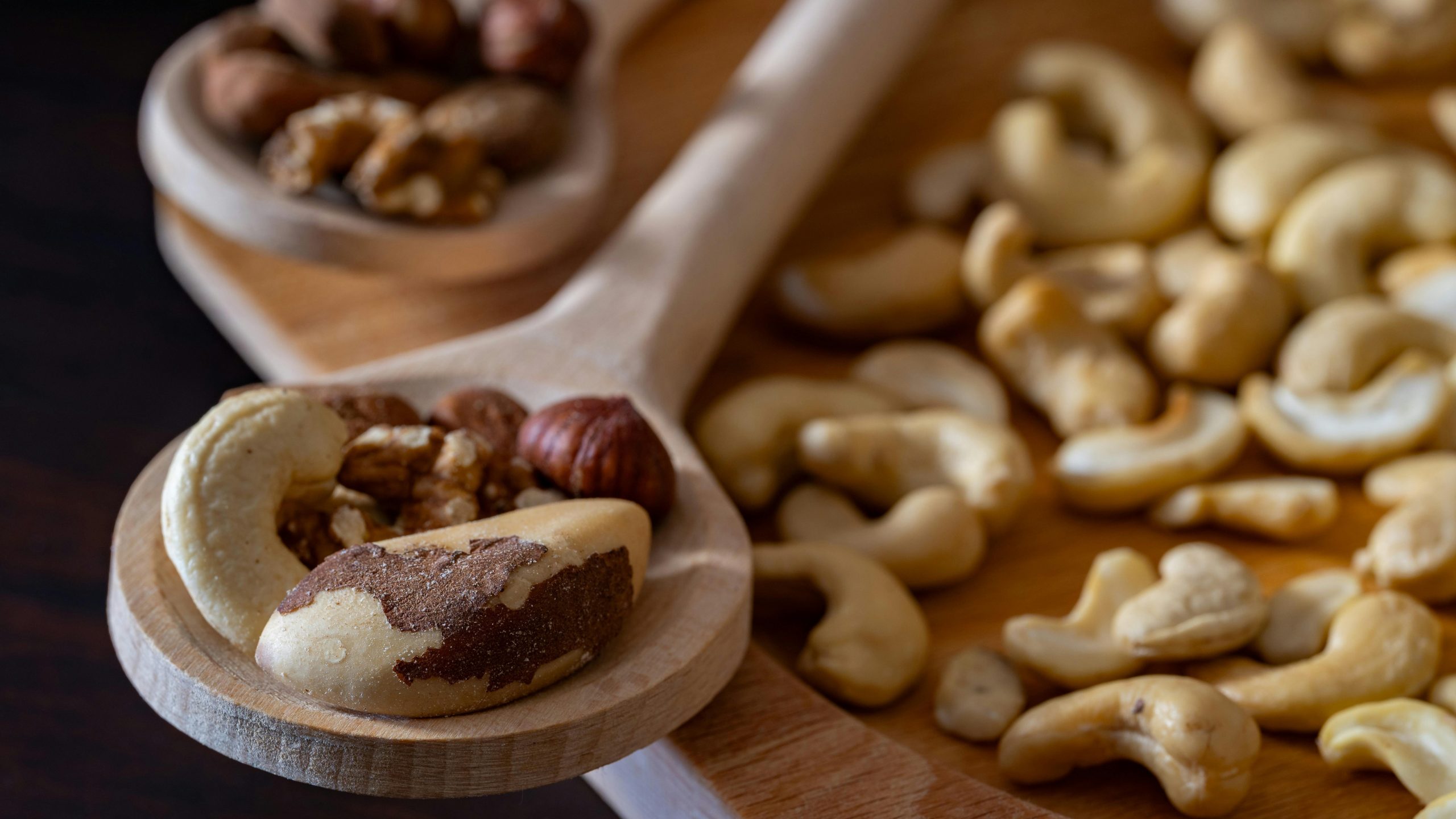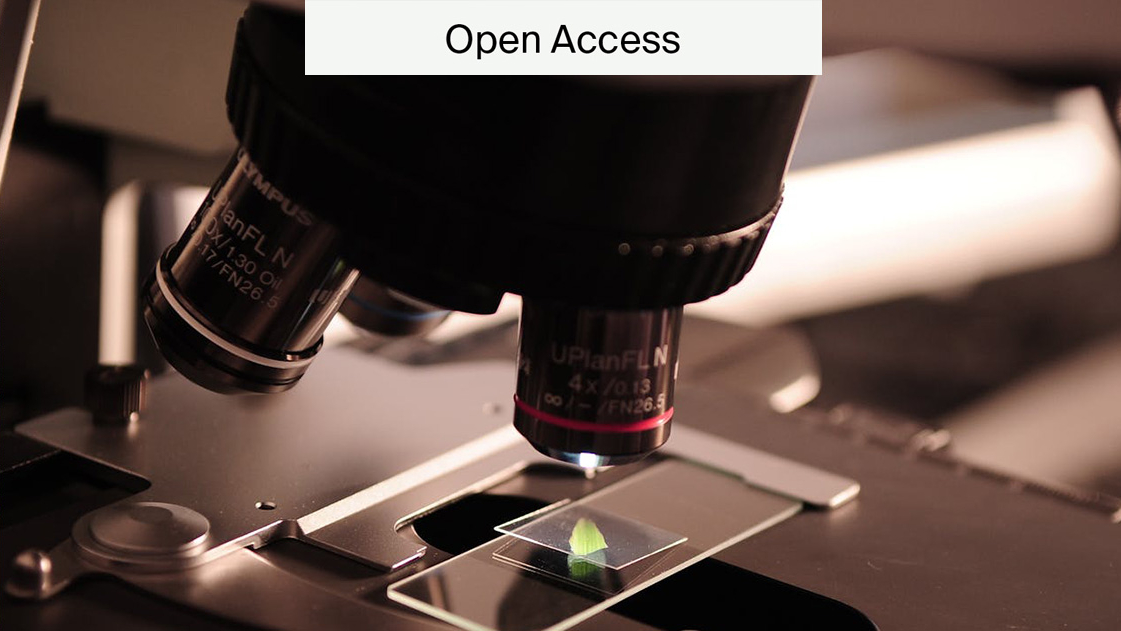
International Women in Engineering Day 2024
International Women in Engineering Day (INWED) is celebrated annually to recognise the achievements of women across engineering. Launched by the England-based World Engineering Society in 2014, it received UNESCO status as an international day in 2017.
This year’s theme, #enhancedbyengineering, seeks to recognise the ways that women have enhanced the many areas of engineering. At MDPI, we’re enthusiastic about celebrating women’s research. So, to mark INWED in 2024, we’re spotlighting some of the ways that women have enhanced engineering through papers published in MDPI journals.
Dr. Katrina Grolinger
Dr. Katarina Grolinger is an Editorial Board Member of the journal Smart Cities. She is part of the Department of Electrical and Computer Engineering at Western University, London, Ontario. Her work focuses on machine learning, big data analytics, IoT, edge computing, energy management and smart grids.
In a recent research article titled ‘VizNav: A Modular Off-Policy Deep Reinforcement Learning Framework for Vision-Based Autonomous UAV Navigation in 3D Dynamic Environments’, she and colleagues proposed a VizNaz architecture to improve the visualization of 3D dynamic environments in UAVs.
Overall, the design of the VizNav architecture “allows for the separation of learning and training processes, the customization of simulation environments and reward functions, and the ability to update and tailor the controller managing the UAV.”
Access the research article here to learn more.
Prof. Dr. Xhiang Zang
Prof. Dr. Xhiang Zang is part of the Editorial Board for Aerospace. Her specialisms include aircraft structural integrity, durability, damage tolerance and the numerical modeling of material and structural failure behaviour. She is part of the Faculty of Engineering at Coventry University.
In a recent research article, Prof. Zang and colleagues studied the effect of substrate preheating in the process of laser-assisted cold spraying. Laser-assisted cold spraying allows for an increase in the range of materials that can be deposited in a number of applications, which can be useful in situations requiring finer particles.
As noted by the authors, the study’s contributions include the investigation of “enhanced coating‒substrate adhesion through extensive interfacial mixing, a significant reduction in cross-sectional area porosity as compared to standard cold spray (CS), and insights into the effects of residual stresses”.
Prof. Dr. Annegrat Munderman
Prof. Dr. Annegrat Munderman is the Research Director of Functional Biomechanics at University Hospital Basel. She is also an Editorial Board Member of the journal Biomechanics.
A recent paper published in the journal Biomechanics focuses on rotator cuffs. Specifically, Prof. Munderman and colleagues look at the way cuff tears are evaluated based on fluoroscopic images used to measure glenohumeral translation during the entire motion of abduction tests.
Glenohumeral translation essentially describes the movement of the shoulder joint, often measured using fluoroscopy (a method that utilizes X-rays for imaging the internal motion of fluids). Assessing the reliability of fluoroscopy for glenohumeral translation tests, the study contributes to the literature by evaluating the efficacy and reliability of this method to evaluate cuff tear treatments.
Spotlighting research
Spotlighting the research of women in engineering helps to highlight how women have and continue to enhance engineering. MDPI’s Open Access journals make this research accessible to all.
You can access the Special Issue “Collection in Honor of Women’s Contribution in Robotics” published in the MDPI journal Robotics to further explore research published by women enhancing engineering today.










